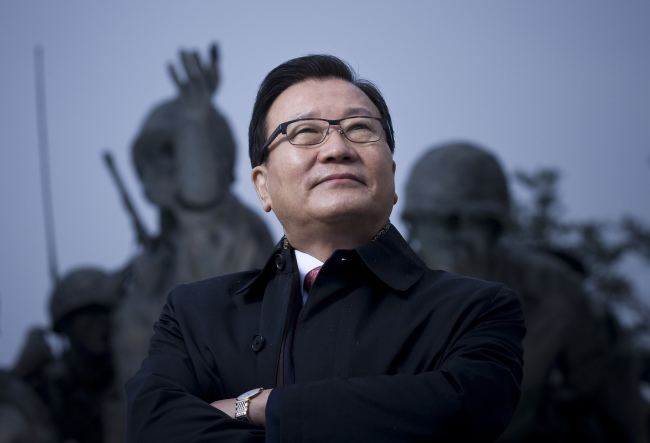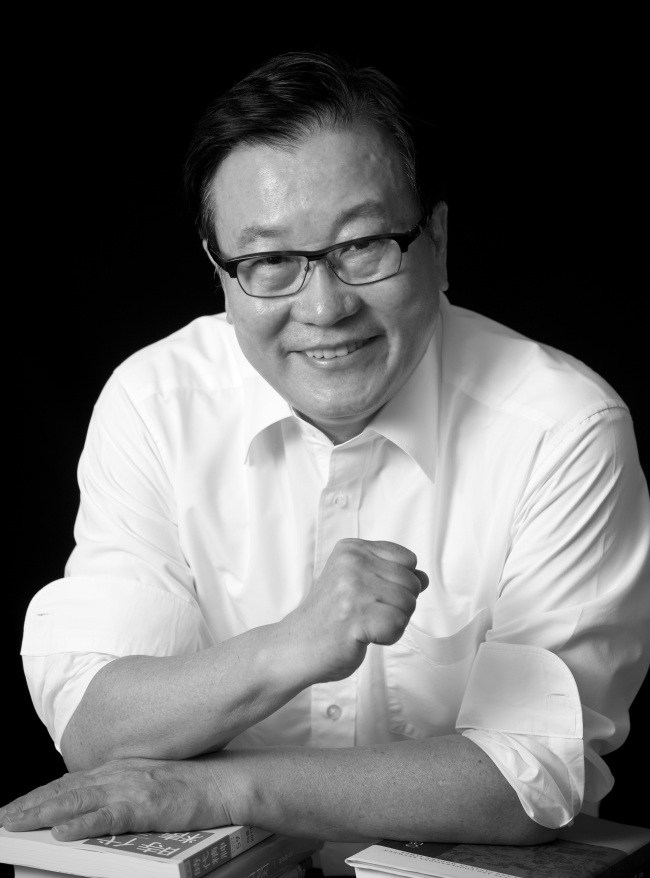With Pyongyang escalating its nuclear brinksmanship, support for consensual unification between South Korea and North Korea is losing ground, while the belief in absorption is gaining traction.
Approaches to the nationally cherished goal have been dichotomized between the country’s liberals and conservatives, with the former advocating cooperation and engagement with the North and the latter backing high-handed diplomatic and military actions.
While most experts have preferred gradual unification ― as it would minimize collateral damage and financial shock ― Pyongyang’s unabated isolation and militarization have raised the prospects of a sudden regime collapse.
Approaches to the nationally cherished goal have been dichotomized between the country’s liberals and conservatives, with the former advocating cooperation and engagement with the North and the latter backing high-handed diplomatic and military actions.
While most experts have preferred gradual unification ― as it would minimize collateral damage and financial shock ― Pyongyang’s unabated isolation and militarization have raised the prospects of a sudden regime collapse.

“My view is that the probability of a mutually committed, incremental unification is 25 percent, and that of an unexpected regime crash through revolution is 75 percent,” Park Se-il, senior adviser for think tank Hansun Foundation and professor emeritus at Seoul National University, told The Korea Herald last week.
“The problem is that a coup does not guarantee unification. I propose three measures in the event of a revolution.”
First and foremost, Park stressed, North Korea must be stabilized thoroughly by providing shelter, food and medical supplies to defectors and refugees, constructing infrastructure and disbanding the communist military.
Secondly, potential military intervention by China, triggered by “nationalistic, expansionist ambitions,” must be forestalled by Seoul’s diplomatic maneuvers and military intervention should Beijing send down troops.
Thirdly, North Korea’s nuclear, biological and chemical weapons must be seized and dismantled immediately under the United Nations’ guidance, potentially involving strategic coordination between Beijing and Washington, he said.
Park asserted that unification would materialize Korea’s Eurasia Initiative foreign policy as well as the gathering economic cooperation between Seoul, Tokyo and Beijing and security alliance between Seoul, Tokyo and Washington.
“The Eurasia Initiative and trilateral economic and security cooperation are only possible under a united Korean Peninsula,” he emphasized. “These plans are future visions of East Asia and Eurasia, whose peace and prosperity hinge on our efforts to persuade neighboring countries.”

The Hansun Foundation, which supports national advancement and reunification through a philosophy of “communitarian liberalism,” unites leaders and the public toward national reunification, makes efforts to integrate some 30,000 defectors from North Korea and 500 thousand ethnic Koreans from China, and advises foreign policy on unification.
Noting Korea’s structural problems of low growth and economic polarization, Park argued that unification would tackle both issues, adding that the economy would grow over 8 percent a year.
“Anemic growth and socioeconomic division occur due to lack of investment and consumption,” he claimed. “A reunified Korea will greatly expand demands for investment and consumption by doubling our territory and creating significant jobs for young and old.”
Highlighting North Korea’s young population and abundant natural resources, he underscored that China’s northeast and Russia’s Far East regions would be part of the integrated regional formula.
By Joel Lee (joel@heraldcorp.com)
-
Articles by Korea Herald



















